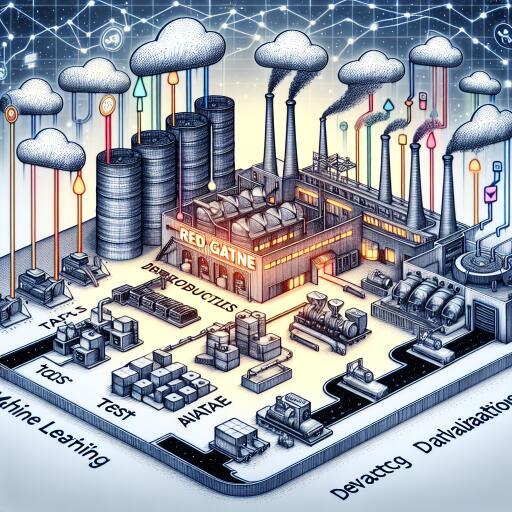Redgate Embraces Machine Learning to Generate Test Data and Monitor Databases – DevOps.com
This week, Redgate has unveiled its groundbreaking machine learning enhancements set to transform its test data management and database monitoring offerings. These forward-thinking capabilities are anticipated to be available for general use in the first quarter of 2025.
Redgate Test Data Manager is about to harness the power of machine learning algorithms to identify patterns, relationships, and distribution characteristics within data sets. This innovative approach will facilitate the generation of synthetic data that mirrors these properties, providing application development teams with a seamless method to create data for testing applications—without duplicating any data currently running in production environments.
The advantages don’t stop there. Data science teams can now leverage this synthetic data to train artificial intelligence (AI) models, eliminating concerns about inadvertently exposing sensitive production data.
Simultaneously, Redgate is enhancing its monitoring capabilities with the integration of machine learning algorithms that will issue alerts based on patterns detected within metric data. By cross-referencing these alerts with real-time usage patterns observed in monitored databases, the system aims to enhance relevancy and diminish overall alert fatigue.
This novel capability simplifies the customization of Redgate Monitor to fit distinct IT environments, minimizing the need for manual configuration and alert maintenance.
James Hemson, a product manager at Redgate Software, emphasizes that while the company is continually exploring generative AI technologies, the pragmatic application of machine learning remains most beneficial to IT teams. For instance, through advanced predictive analysis, IT teams will gain insights into necessary CPU utilization for deployed databases.
Recent research conducted by Redgate has highlighted that 65% of respondents are employed by organizations utilizing AI for tasks ranging from generating sample data or code snippets to optimizing database queries and automating test creation. Further validation from a Techstrong Research survey indicates that a third (33%) of organizations currently develop software using AI, while another 42% are contemplating it. A mere 6% declared no intention to integrate AI.
Despite the upward trend in AI adoption, only 9% have achieved full AI integration within their DevOps pipelines. Meanwhile, 22% have done so partially, and 14% are limiting this integration to new projects. Another 28% anticipate incorporating AI into their processes within the next year.
The transformative potential of AI models in software engineering remains uncertain, but the acceleration in speed for building, testing, and managing software is undeniable. Tasks historically taking days or weeks can now be completed rapidly, pointing towards a future where DevOps engineers may witness significant role evolution as manual tasks diminish.
As the drudgery of manual work is reduced, there is hope for a corresponding dip in the burnout rates experienced by many software engineers. However, until that ideal is fully realized, forward-thinking DevOps teams should evaluate which manual tasks are suitable for AI automation. Acknowledging what AI can and will soon streamline can provide valuable insights into how software engineering teams might need to be reimagined in the near future.
In conclusion, Redgate’s integration of machine learning is set to redefine how data is handled and monitored, paving the way for more intelligent and efficient development practices. This evolution aligns with the broader trend of AI embracing the tech industry, marking a significant step towards harnessing the power of artificial intelligence in everyday software engineering and database management.










